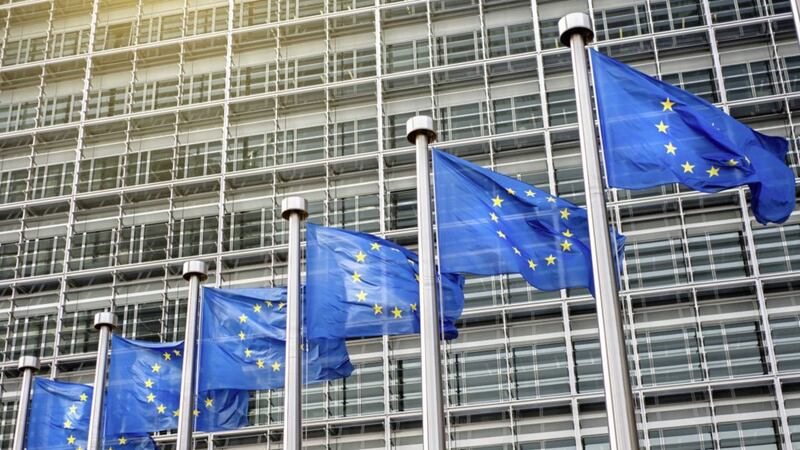If, as northern nationalists claim, Brexit has brought a united Ireland closer, why did they strongly oppose it?
Did they fail to foresee what they now claim are the unification opportunities created by Brexit or, realising that Brexit has pushed a united Ireland further away, are they faking confidence by whistling in the dark?
Without knowing the final outcome of the Brexit negotiations and while awaiting the result of today's southern election, the current evidence suggests that northern nationalists are doing a lot of whistling.
In examining that evidence, three issues arise: what do they mean by a united Ireland, what impact will Brexit have on its likelihood and what's the best way to bring it about?
Traditionally a united Ireland meant rule of the whole island by one government, adhering to a single constitution and administering a common legislative system.
Following partition, republicans sought justification for this definition of Irish unity by arguing that geography reflected nationhood: one island, one nation.
But in 1998 that republican concept was replaced with the more constitutional nationalist interpretation: only the Catholics were Irish. The Protestants were foreigners, now with their own "language" commissioner.
This departure pushed a united Ireland further away. Uniting a single nation would be difficult, but doable. Uniting two nations from two separate states would appear to be a self-inflicted obstacle on the rocky road to Dublin.
But nationalists argued instead that Irish unity was now closer, because they had achieved the right to a border poll. But the decision to hold a poll depends on the secretary of state's belief that a northern majority is likely to support a united Ireland.
So Ireland's future depends on the innermost thoughts of a British cabinet minister. (Aren't we making great progress in our 800-year old dealings with England?)
To address the two nations problem they had created for themselves, SF and the SDLP then transferred the united Ireland argument from cultural to capitalist, by arguing that Irish unity would be more economically efficient.
This rationale shaped the case for an open land border in Ireland, but Brexit is now likely to result in a trade border with Britain. Possible loyalist opposition to that outcome makes Irish unity significantly more difficult.
Northern nationalists also began to water down the traditional meaning of unity, by suggesting that there could be a federal Ireland, still with two states (an interestingly liberal concept of unity). That is why they call for "a conversation" on unity. Previously the words "united Ireland" ruled out the need for conversation.
You might reasonably argue that a conversation is a more inclusive process, but that reasoning is offset by the fact that northern nationalists say that a 51 per cent majority will be enough for unity (however they might define it). Presumably when they achieve 51 per cent, the conversation stops.
Therein lies the weakness in the nationalist case. It fails to recognise that unity must come from a mind-set, not a headcount. A united Ireland is not about abolishing the border. It is about initially developing a unity of purpose among the people and politics of the north.
But politics and government here are based on sectarian competition, infused with flags, fears and arguments about constitutional change. Stormont's sectarian structures and systems are therefore a significant obstacle to a united Ireland. Nationalism is making a massive contribution to that obstacle by having a one-sided conversation with itself.
So let's have a different conversation, one which explains why both Protestants and Catholics here have the highest poverty levels, the longest hospital waiting lists and the highest rate of reliance on food banks in the UK.
A major explanatory factor is that unionism and nationalism are designed to protect those in power, rather than to develop an equal and socially just society. That leaves Irish unity where it has been for 100 years: an aspiration held at bay by northern sectarianism. Brexit has added additional fuel to the sectarian fire, which means that there is a lot more whistling to be done before we see a united Ireland.









